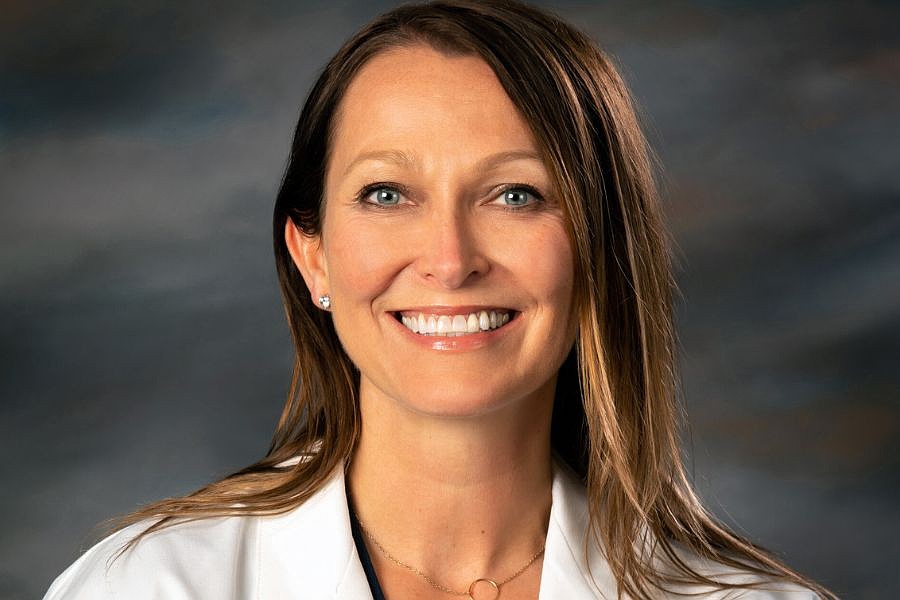Heart Health: Optimize Your Lifestyle and Monitoring for a Healthier Heart
Heart disease remains the leading cause of death among Americans, and its impact on women’s health is particularly significant. In an insightful discussion with Dr. Alison Bailey, Chief of Cardiology at Parkridge Hospital Group, we explore how to take charge of your heart health through lifestyle changes and awareness of your health metrics.
Why Heart Health Matters
Cardiovascular disease isn’t something to fear; instead, it’s a challenge we can address head-on. Many people, especially women, underestimate the risks associated with heart disease. Dr. Bailey points out that while women may associate heart disease more with older ages or link it primarily with cancer, statistics reveal that heart disease is, in fact, the number one killer of women.
The Unique Risks Women Face
Women have distinct cardiovascular risks that can escalate their susceptibility to heart disease. For example, conditions like preeclampsia or gestational diabetes during pregnancy can signal increased future risks. Recognizing these "warning signs" and proactive monitoring of your health is crucial.
Prevention is Key
Effective Lifestyle Changes
So, how can we effectively prevent cardiovascular disease? Dr. Bailey emphasizes that everyone can benefit from maintaining a healthy lifestyle. Here are some actionable steps:
Regular Physical Activity: Aim for at least 150 minutes of moderate exercise each week. Walking, gardening, or even housework can contribute to your fitness.
Healthy Diet Choices: The American diet has drastically changed over the past few decades, leading to increased calorie, fat, and sodium intake. Transitioning back to home-cooked meals can significantly improve cardiovascular health.
Know Your Numbers: Regular monitoring of your blood pressure, cholesterol, and blood sugar levels can help you track your heart health effectively.
- Avoid Smoking: Steering clear of tobacco in any form is crucial for heart health.
Moreover, 70% of Americans are currently classified as overweight or obese, which magnifies the risks of developing chronic conditions like high blood pressure and diabetes. Consider reading more here.
Treatment if You Have Cardiovascular Disease
If you have been diagnosed with cardiovascular disease, managing it effectively is vital. The core principles of a healthy lifestyle remain the same, whether you are prevention-focused or managing existing conditions. Treatment may involve medications as directed by a healthcare professional, such as aspirin therapy, but it’s critical to consult your doctor before starting any new medication.
Recognizing Symptoms of Heart Disease
Being aware of the potential symptoms of cardiovascular disease can be life-saving. These include:
- Chest pain or discomfort
- Shortness of breath
- Persistent fatigue
- Swelling in the legs
If you notice these symptoms, don’t ignore them. It’s essential to consult with a healthcare provider promptly.
The Road Ahead: How Regular Check-Ups Can Save Lives
Guidelines for Heart Health Monitoring
Regular check-ups are vital to staying ahead of cardiovascular issues:
- Cholesterol screenings should start during childhood, with a baseline check at age 18 and then every five years if normal.
- Blood pressure checks should begin in childhood as well, with annual visits recommended if readings are normal.
Many people have high blood pressure without any symptoms—this is why it’s often termed the "silent killer."
Dr. Bailey encourages individuals to develop a strong relationship with their healthcare provider. They can offer invaluable guidance, helping you navigate any potential health concerns and directing you to specialists if necessary.
The Bottom Line: Empower Yourself Through Knowledge and Action
Heart disease is a significant threat, but it is one we can combat together with knowledge and proactive care. By adopting healthier lifestyle choices and being vigilant about our heart health, we can dramatically reduce our risks. Prevention is not merely an option; it’s a necessity.
For more insights on how to optimize your heart health and lifestyle, don’t hesitate to sign up for our newsletter here, and arm yourself with knowledge that can lead to a longer, healthier life.
For more information, feel free to contact Leah Hunter via email at [email protected] or call at 423-757-6673.






